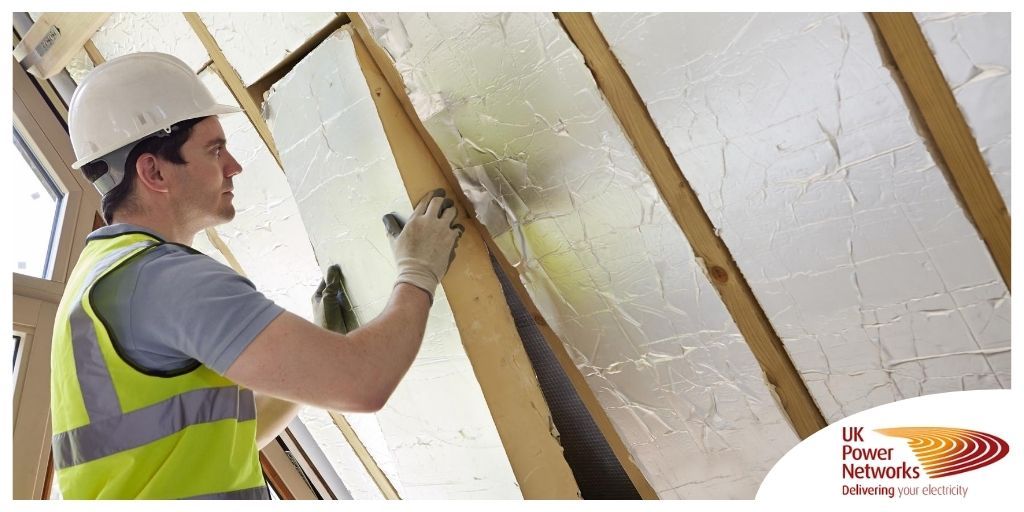UK Power Networks (UKPN) has launched a new project to examine how local authorities can advance low carbon heating.
Heat Street will take a data-driven look into future energy systems for local authorities in London, the South and East of England. This will allow them to plan for the significant rise in low carbon heating and energy efficiency measures needed for the UK to hit its net zero target.
The network operator will engage with property owners, local councils, property developers, businesses, academics and consumer groups to focus on the best steps in specific local areas to tackle heating. The sector is currently one of the UK’s largest emitters, accounting for about a third of the country’s carbon emissions or almost 120 million tonnes of CO2 according to official estimates.
Ian Cameron, head of customer services and innovation at UK Power Networks, said: “We all know why we need to rapidly decarbonise heating – this project is about working out the ‘how’. We’re excited to be getting out there and collaborate to decarbonise heat, bringing together people from all backgrounds to create a local street level map of net zero heating pathways by 2050.”
Heat Street will look at a broad range of low carbon heating alternatives according to UKPN, this will include switching from gas boilers to electric heat pumps, installing cavity wall insulation, switching to another type of heating supply, or combinations of all.
It will create a model for forecasting the uptake of these various technologies, which can be copied in other parts – or other zones – of the UK.
The project will utilise heat zoning, which will be decided using assessments based on the independent Energy Systems Catapult recommendations. This will place different areas in specific zones, which can then focus on the best method of decarbonising heat within them based on the features of that specific zone.
Charlotte Owen, policy manager at The Association for Decentralised Energy (ADE), said the project will help to demonstrate the opportunities a “local, zoned approach to heat decarbonisation” can present.
“It will provide real examples of how we can strategically decarbonise our homes and buildings, whilst recognising that different local areas will take different pathways to net zero.
“The ADE is delighted to be supporting UK Power Networks in the launch of this innovative project, which builds on the work of the Association and its members to advocate for a zoned approach to heat decarbonisation and energy efficiency.”
At the beginning of August, the ADE called on government to bring in zoning for heat, to help address the ‘retrogap’ in the decarbonisation of heating. It suggested that heat policy was currently fragmented, and focused too heavily on new builds, leaving the possibility that much of the country’s housing stock will miss out on decarbonisation opportunities.






